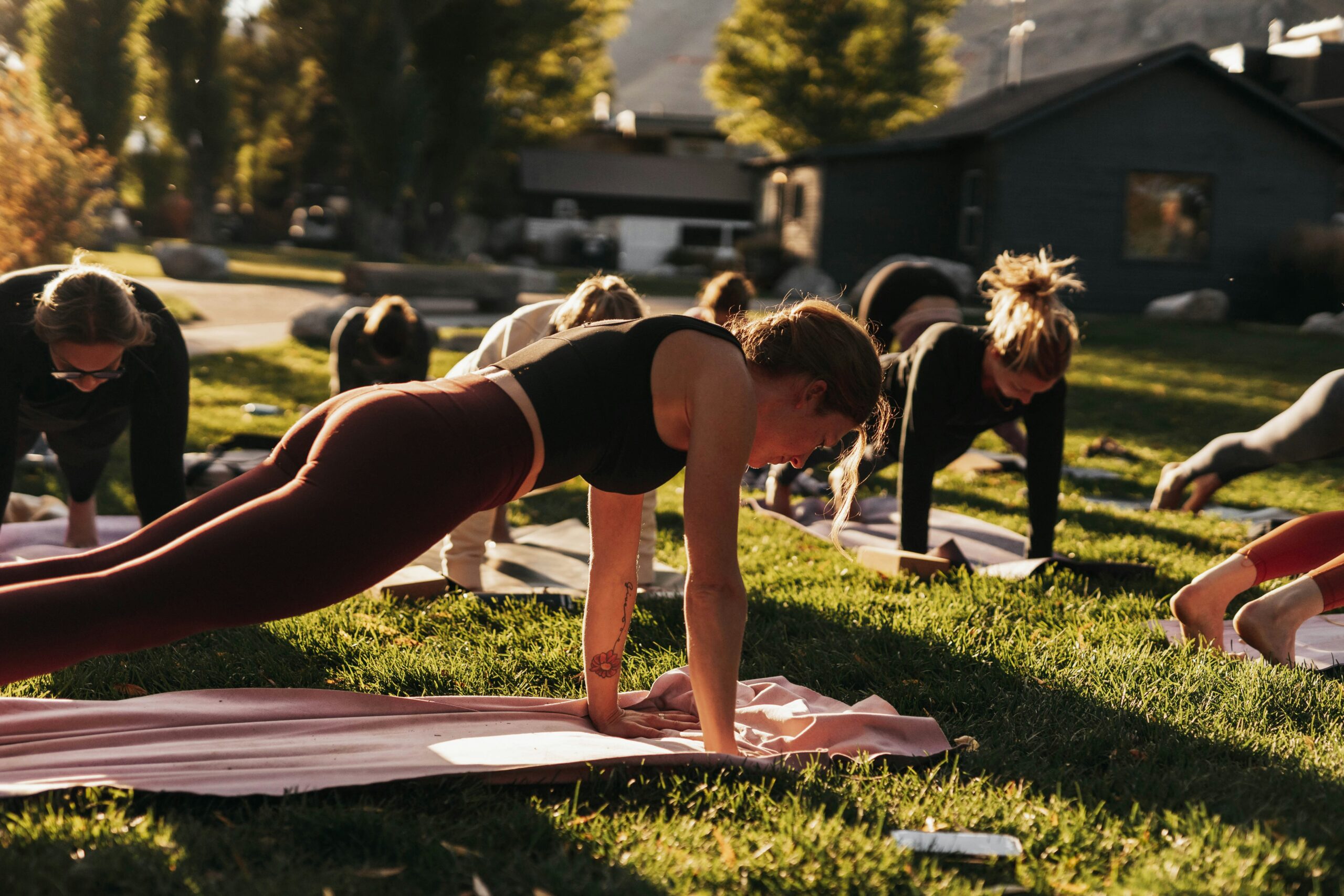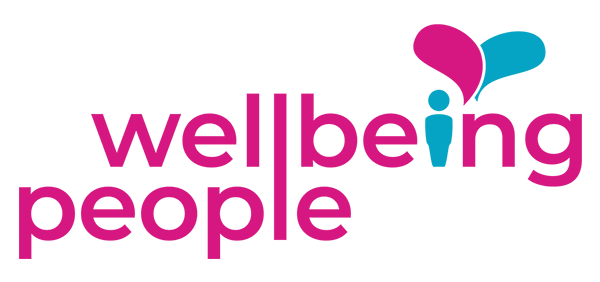Exercise and mental health are more closely connected than many of us might realise. While we often associate physical activity with physical fitness, its benefits for mental wellbeing are just as significant. Regular movement, whether it’s a gentle walk, a dance class, or a workout, can help ease feelings of anxiety, depression, and stress.
Why exercise and mental health, together, matter
Let's explore the benefits of exercise and mental health and practical steps to incorporate movement into your life, even when it's challenging and motivation is lacking. Incorporating movement into daily life can be a powerful and a supportive step toward feeling better, offering moments of relief, connection, and renewed energy.
The benefits of exercise on mental health include:
Research consistently demonstrates a strong link between physical activity and improved mental health
A comprehensive review of 1,158 studies found that 89% showed a statistically significant positive association between exercise and mental health outcomes, including reductions in depression and anxiety . Regular exercise has been shown to reduce symptoms of depression and anxiety by up to 20-30%
Overcoming Barriers: how to start When Motivation Is Low
Initiating an exercise routine can be particularly challenging when dealing with low motivation or mental health struggles. Here are some strategies to help you get started:
- 1Start Small: Begin with manageable activities, such as a 5-minute walk, gentle cycle ride or perhaps stretching or yoga at home - there are many free online videos that can help you to get started. The key is to initiate movement without overwhelming yourself .
- 2Set Realistic Goals: Establish achievable objectives to build momentum. Celebrating small victories can enhance motivation and commitment.
- 3Choose Enjoyable Activities: Engage in forms of exercise that you find pleasurable, whether it's dancing, cycling, yoga, walking or gardening. Enjoyment increases the likelihood of consistency.
- 4Incorporate Movement into Daily Life: Opt for stairs over elevators, walk during phone calls, or do some squats or stretches whilst waiting for the kettle to boil! These small changes can accumulate significant benefits.
- 5Seek Support: Exercise with a friend or join a group class to add a social element, This is a great way to provide encouragement and accountability.
- 6Be Kind to Yourself: Acknowledge that some days will be more challenging than others. Practice self-compassion and avoid self-criticism for perceived shortcomings.

Creating a Supportive Environment
Communities, families, friends and workplaces play a crucial role in promoting mental health through physical activity:
Exercise and mental health - benefits that extend beyond physical wellbeing
As we have shared in this article; exercise is a powerful tool for enhancing mental health, offering benefits that extend beyond physical wellbeing. By starting with small, enjoyable activities and seeking support from your community, friends, family and/or workplace, you can overcome barriers to physical activity. Remember, every step counts, and incorporating movement into your daily routine can lead to significant improvements in mood, self-esteem, and overall mental health.
NB: If you or someone you know is struggling with mental health issues, it's important to seek professional help. Combining exercise with therapy or counseling can provide comprehensive support for mental wellbeing. Take a look at our Referral Links page for further support.
References and further reading
Health and Fitness - role of exercise and mental health
Statistics about exercise and mental health
Neurobiological effects of physical exercise
